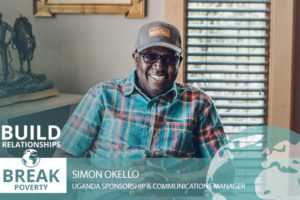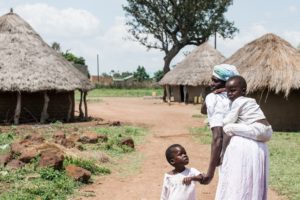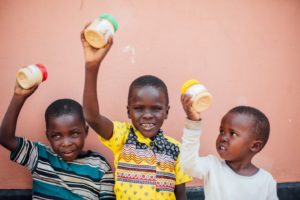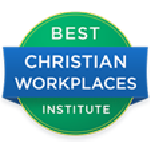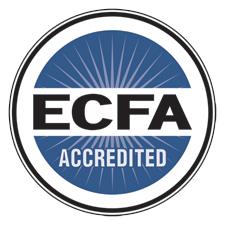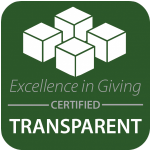Omadira CarePoint


Omadira community is located in Arapai Sub-County, approximately eight kilometers (five miles) northeast of Soroti Town, along Soroti – Amuria road and about 325 kilometers northeast of Kampala.
Omadira is one of the areas hit by civil wars in Teso and also natural calamities like floods/water logging, drought, and most recently army worm. The combination of these and other factors disrupted the livelihood to the local population thus perpetuating poverty.
Omadira community being at the periphery of Soroti town is trapped by city expansion. The population has been accustomed to rural life setting and lifestyle, but the city expansion has included Omadira to be part of the city divisions with limited knowledge and resource to cope with the city expansion.
A partnership with the Omadira CarePoint will allow the children to continue to grow physically, spiritually, and emotionally.
About the Community
Assets
- Leadership: The Omadira CarePoint already has a local team in place, lead by Steven Enyeru.
Challenges
- Economic: The economy of Omadira, like the rest of the country, is predominantly dependent on smallholder agricultural production characterized by low-input/low-output. Low income among the community limits them to invest in businesses and intensive food production to meet the demand from the urban center. In the struggle to make ends meet, the population is engaged mostly in brick making, small-scale retail businesses in the trading centers, citrus fruit growing, among others.
- Gender: The children and youth are generally impoverished, owning very little or no assets of any form. The boys are often given priority over girls, but have to wait for the death of their father to inherit the family resources, land being the main resource. The girl children inherit no share; instead, they are to be given away for bride wealth.
- Education: Omadira faces major challenges in providing quality and accessible basic education to children and adolescents. Many parents are not able to enroll their children to good schools and higher institutions of learning because they cannot afford to pay huge amounts of money for school fees leading to the high rate of school dropouts, causing drug abuse by most of the children. Many children do not complete their schooling, nor have the competencies needed to do well in life. Many schools also do not have the facilities to provide food to students at midday.
- Health: The area has trained Village Health Teams (VHTs) and a health center but all these are affected by poor and erratic drug distribution, inadequate numbers of medical staff, lack of adequate equipment, and lack of running water and electricity. Health services are still poor in the area and people are forced to walk long distances to buy drugs from small private drug shops or go to the main hospital in Soroti. HIV/AIDS is also a challenging crisis that has a negative impact and adverse effects on development in Omadira.
- Agriculture: Food and nutrition security remains a challenge for human welfare and economic growth in Omadira. The majority of people in this community are unable to acquire and effectively utilize the food they need for a healthy life because of low production levels and pressure on the little food produced. Agriculture has generally been affected by climate change and reducing production. The community depends on subsistence agriculture and whenever there are disruptions in the seasons, it also reduces the harvests. They also rear animals like cows, goats, sheep, pigs and chickens which sometimes are sold in the market to earn some money to afford other basic needs.
How many Friendships are available?
150-300
How many other partnerships are there at this CarePoint?
None
What is HopeChest's model?
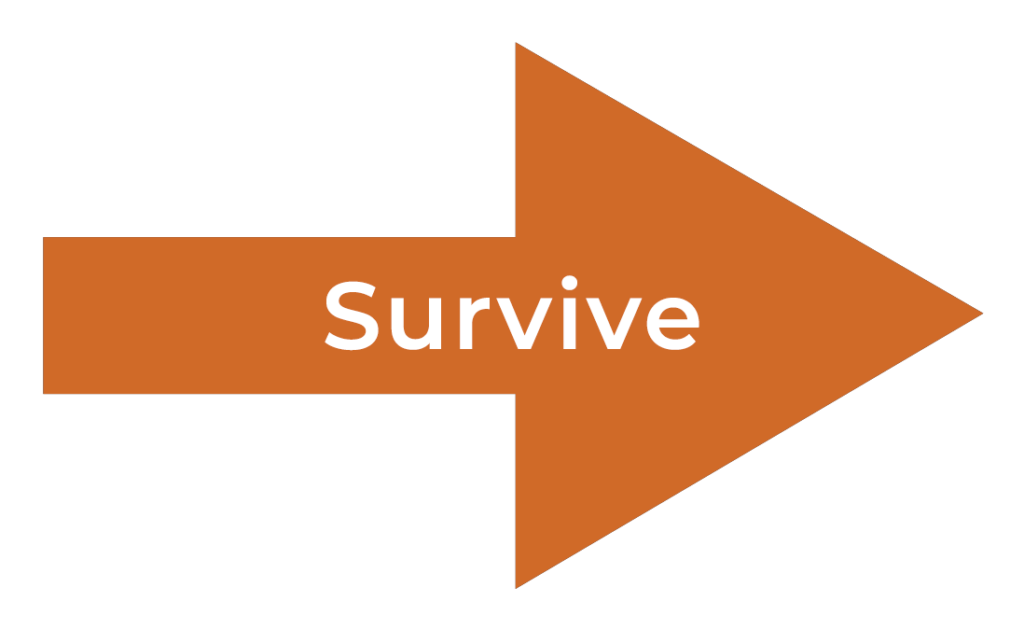
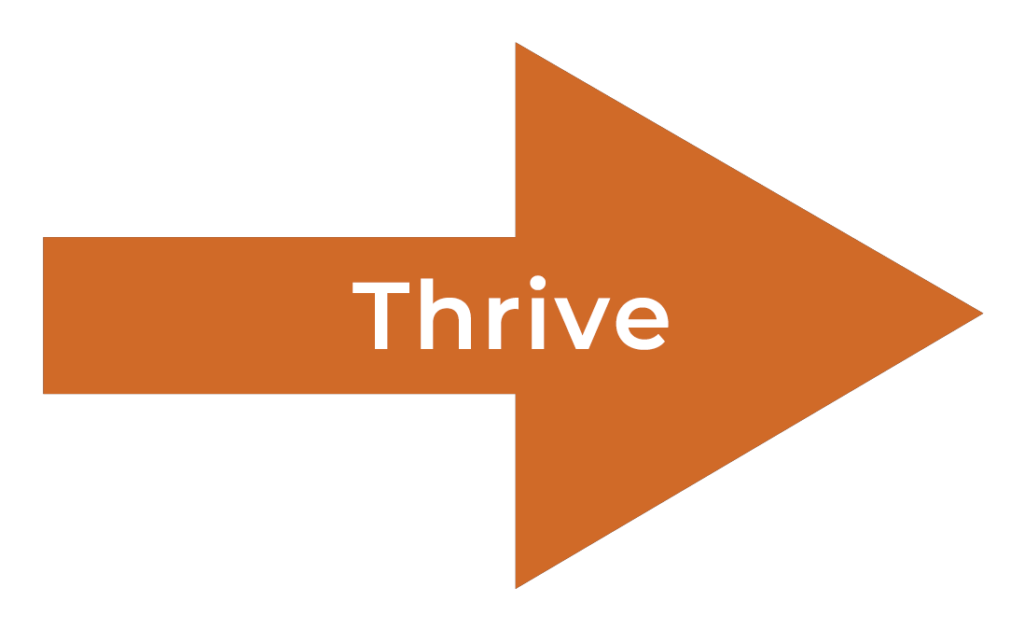
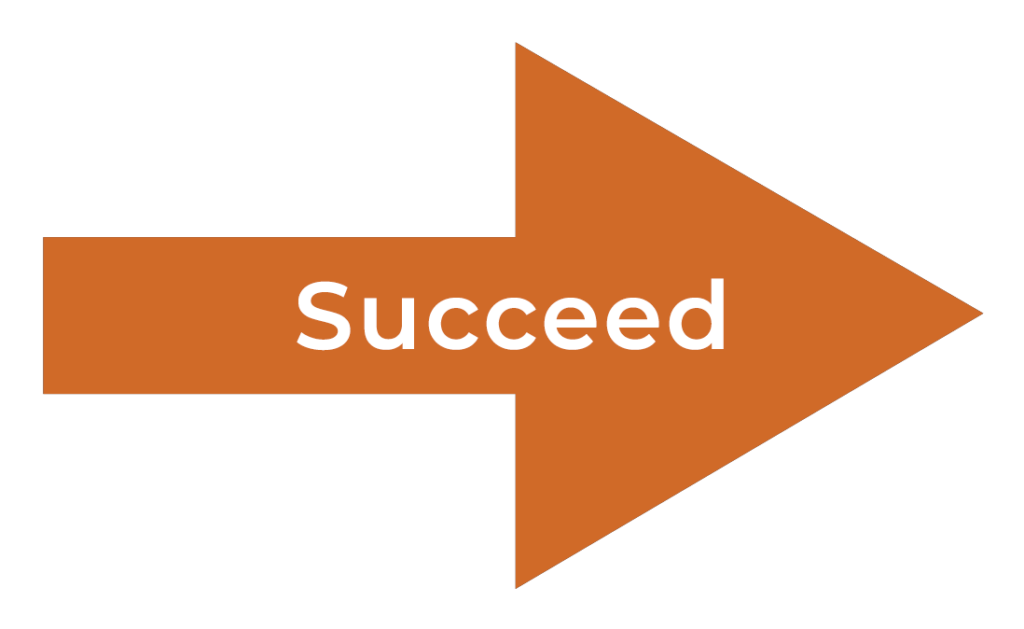
We believe the most transformational, holistic, sustainable, and long-term change occurs when one community partners with another. Learn more about our approach.
What does a partnership consist of?
Monthly Support
Programs
Projects
Fundraising
Partner Visits
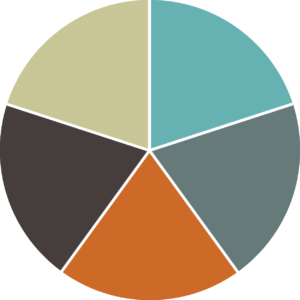

Monthly Support
Unlike traditional child sponsorship models, the Friendship Model reframes our perspective on child sponsorship by reducing the perpetuation of paternalism. It also helps frame the perspective that financial support has a broader impact on the community and is not focused on only the individual child. Learn more about the Friendship Model.
out of 300
$113,400 per year
If 70% of the children are supported, there would be minimal to average ongoing programming.
We would establish an annual plan; with people and resources needed; a community leadership team; Friendship Model relationships; discipleship; educational, nutritional, and medical support (varied, basic); monthly reporting; and some training for youth, parents, guardians.
out of 300
$162,000 per year
If 100% of the children are supported, there would be full programming with regular discipleship, nutrition, education and enhanced medical support
There would also be ongoing social/emotional support; available funds for “Succeed Initiatives” such as income-generating activities, and revenue-generating activities training; seed money; cultural celebrations; additional training; and ongoing impact reporting.
Nutrition: Ensure that children receive a nutritious meal – initially, two times per week – to fortify the diet of students and, thereby, improve their learning and school performance. In three years, we plan to increase this up to five times per week.
Health: Improve the quality of the health and nutrition of the children attending to the CarePoint. This will help them increase their attention span in class and improve their school learning.
Discipleship: Teach practical areas of life such as identity, health, community and economics, all of which are based on Biblical principles so that each child recognizes their own responsibility in seeking a life of dignity and purpose.
Education: Help the educational process with a tutoring program during after-school hours. At the same time, we want to involve the parents in the educational process. To accomplish this, we want to conduct three training sessions during the year where qualified people will be invited to share with parents about the value of education. We will integrate technology in the learning process and new school regulations are issued, giving the children access to internet, printing and photocopying materials and access to a tablet to download their homework.

programs
Monthly gifts from your community members through the Friendship Model will support the regular activities of the CarePoint; however, these gifts do not cover all programming needs. We often request funds to support medical, education, and nutrition needs to supplement things like medical emergencies, higher education costs for some students, and even special nutritional support.
![]() Education: $141,250
Education: $141,250
![]() Nutrition: $87,500
Nutrition: $87,500
![]() Medical: $75,000
Medical: $75,000
*estimated costs over 10 years

Projects & Fundraising
For each CarePoint and community, a formal Community Profile and Risk Assessment will have been completed by our staff before we begin programming. Those factors, with the vision and dreams of the community, are combined to form a comprehensive plan for this community over time. Every project cost that has been listed will be evaluated with a formal proposal and evaluation when it comes time to fundraise and implement the project.

Land and Fencing: $20,000



CarePoint Facility Construction: $34,287


Income-Generating Activities: $44,287


Capacity Building/Mentorship: $10,000
Our intent here is to provide a brief overview of the ideas and vision for this community that are hoped to be realized while we continue to work, train, and implement effectively. The items and estimations in here are based on historical programming and project costs, in similar areas (if applicable), archived over time, in the country and are subject to change. Every project cost that has been listed will be evaluated with a formal proposal and evaluation when it comes time to fundraise and implement the project.


Partner Visits
One of the most exciting aspects of a HopeChest partnership is the opportunity to visit your CarePoint community! HopeChest does not host traditional mission trips. Rather, “partner visits” focus on traveling to your CarePoint community with the goal of building meaningful and lasting relationships. HopeChest offers both virtual and in-person travel opportunities. Learn more about partner visits.



